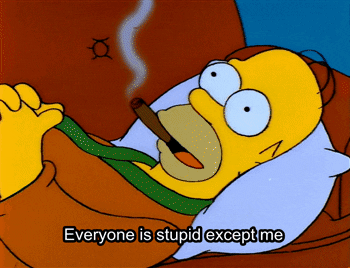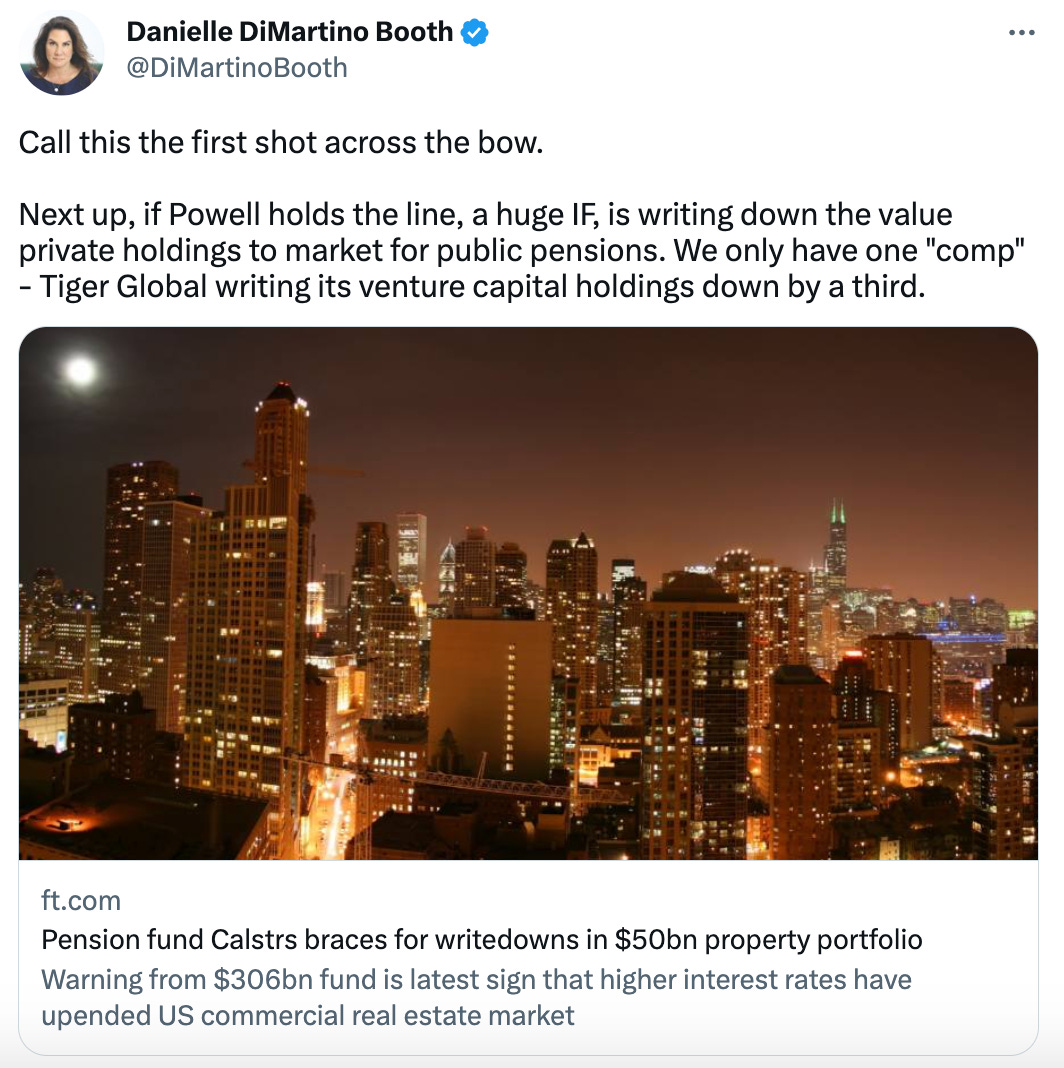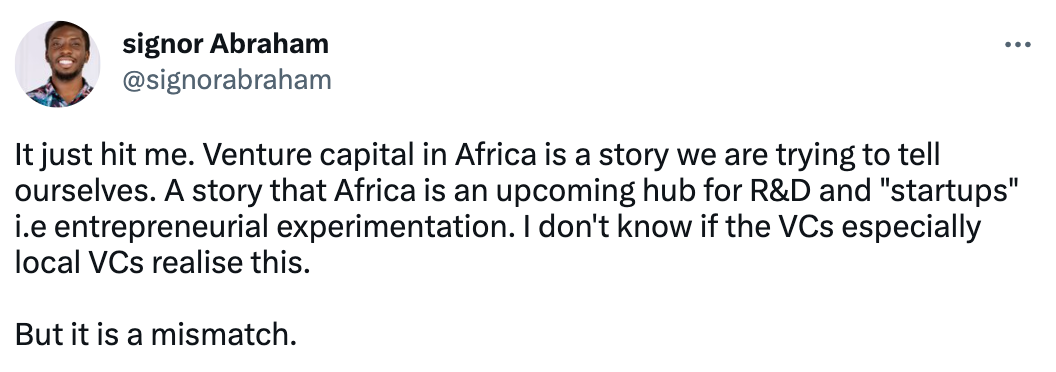Moneyball is a fortnightly newsletter from Koble exploring the limitations of human decision-making and their implications for startup investing.
We’ve spent two years developing our groundbreaking algorithms, which discover early-stage startups that outperform the market and predict their probability of success.
This week
🧠 Mental Model #14 – Overconfidence – The life-changing properties of humility
📖 Investor reading – Investment AI, indexing, private equity, and Berkshire Hathaway – Cathie Wood’s popular touch deserts her in ARK flows, venture fund – The evolution of private market secondaries
💬 Some tweets – How to create a good VC fund portfolio model – First shot across the bow – Venture Capital in Africa
The life-changing properties of humility
“I know only this – that I know nothing.”
– Socrates
And there we have it. The Socratic Method. The foundation of all knowledge.
What Socrates means is that wisdom lies in recognising what we don’t know. And in the current investment landscape, we need this insight more than ever.
The contemporary world – flat, frictionless, fraught – is characterised by overconfidence. “Strong opinions loosely held” have become standard practice amongst investors.
High-volume / low-conviction opinions are easy, requiring little more than flick through the FT or the Economist before tweeting out killer one-liners to thousands of adoring followers. Or maybe showing up on a podcast to wax lyrical about the complexities of macroeconomics, epidemiology, banking regulations, climate change, or one of any other “big ideas”. All elucidated with the benefit of hindsight.
Overconfidence can be conceptualised 3 distinct ways:
Overestimation of our actual performance;
Overplacement of our performance relative to others;
Overprecision in expressing unwarranted certainty in the accuracy of our beliefs.
However overconfidence manifests, it always destroys value. Returns, reputations, relationships all suffer when we overestimate our competencies.
In an age characterised by information abundance, filter-bubbles and “fake news”, it seems everybody is an expert in everything. And yet, nobody seems to know what’s going to happen next.
Former US Secretary of Defense Donald Rumsfeld once observed:
“There are known knowns; there are things we know we know. We also know there are known unknowns; that is to say we know there are some things we do not know. But there are also unknown unknowns – the ones we don't know we don't know.”
He understood the importance of recognising cognitive blindspots that characterise international relations, just as they hamper our attempts to predict the future of startups and stock markets.
Implications for investors
There is an antidote to overconfidence. It’s called humility. And if harnessed correctly, it can have a huge impact on investment returns.
Deep humility conditions the right kind of behaviours when making investments, be they in private or public markets. It replaces investors’ obsession with informational edge with something far more powerful – behaviourial edge.
But how do we get there? On the most basic level, we should take a look in the mirror and admit our cognitive limitations, developing practical ways of mitigating them.
This is, of course, obvious, but it’s typically badly executed. The ubiquitous investor’s check-list works well for some. For others (most) a lack of discipline results in style drift, subjectivity, rushing, FOMO, and other irrational forces.
Harnessing humility isn’t just about integrating data and technology into the investment process to make better decisions. It’s about steering clear of some markets and verticals entirely.
When we admit what we don’t know – authentically – something interesting happens. We stop looking for the right answers, and start looking for the right questions.
More often than not, this leads to contrarian insights and opportunities for value creation. We learn more deeply and rigorously by acquiring knowledge from the ground up, creating a solid foundation to master a field and expand outwards into adjacent spaces.
That’s a fancy way of saying, figure out what you don’t know, and fill in the gaps. This way greatness lies.
Work with Koble
At Koble, we’ve spent two years developing our groundbreaking algorithms, which discover early-stage startups that outperform the market and predict their probability of success.
We’re working with forward-thinking angels, VCs, family offices, and hedge funds to re-engineer startup investing with AI. If that resonates, get in touch.
Investor reading
🤖 Investment AI, indexing, private equity, and Berkshire Hathaway – One investor's understanding of the problems facing Joe and Jane putting their money to work in the world of Investment AI.
📉 Cathie Wood’s popular touch deserts her in ARK flows, venture fund – Most ARK funds are beating the market, but flows have stalled. After tepid demand, Wood’s new venture fund waived some fees.
🐵 The evolution of private market secondaries – As the exit window shrinks, the secondary market grows in size – and complexity.
Some tweets
Parting shot
“Where is the life we have lost in living? Where is the wisdom we have lost in knowledge? Where is the knowledge we have lost in information?”
― T. S. Eliot
Regards from your [humble] startup investing AI,
About Koble
Koble is re-engineering startup investing with AI, applying quantitative strategies that have disrupted public markets to early-stage startup investing.







